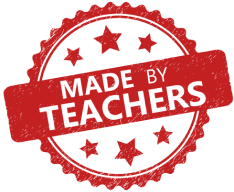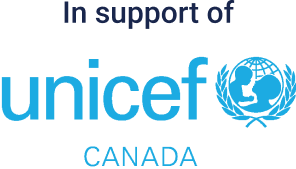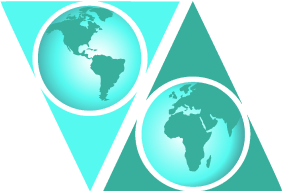How Do We Know Things About The World? (8+)
This is the grade 8+ (ages 13+) version of this lesson. There is also a grade 6-7 version on the site.
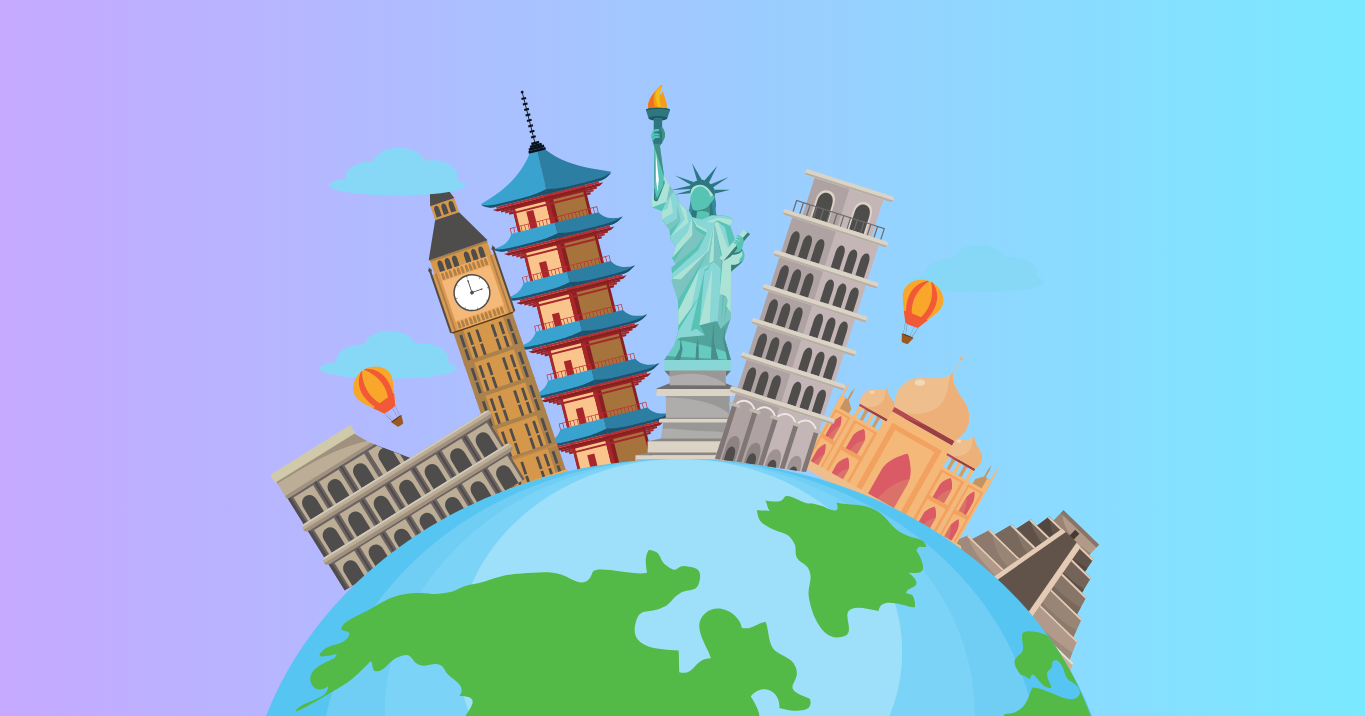
Imagine a simple, regular, yellow pencil. Maybe you even have one in front of you.
Now imagine traveling back a few hundred years, before pencils were invented. What would you need to know to make a pencil all by yourself?
You would need to know all the ingredients and components of a pencil. Click the plus signs in the activity below to see each part you would have to make:
To make something as simple as a pencil requires a lot of knowledge – more than what any one person would know. You would need to be an excellent woodworker, metal worker, chemist, an engineer, and even have knowledge about trees! “Knowing how to make a pencil” turns out to be very complex.
This is the same with all knowledge in our society. We all rely on the knowledge of others, especially the experts who have spent years working on a specific topic. Knowledge is like a web, and each of us is a part of it.
In this way, knowledge is communal, and the effort to understand the world is a collective process.
Knowledge is a Communal Web
You know that the earth is round, but how do you know? You probably have not been to space and looked at Earth to personally see the curvature of the Earth. Yet you have this knowledge because scientists with expertise in earth science have confirmed that the earth is round, astronauts who have been to space have confirmed it, and so on.

Of course, experts - even groups of experts - can be wrong or make mistakes. Experts even disagree with each other! In fact, it’s through these disagreements that we often learn something new.
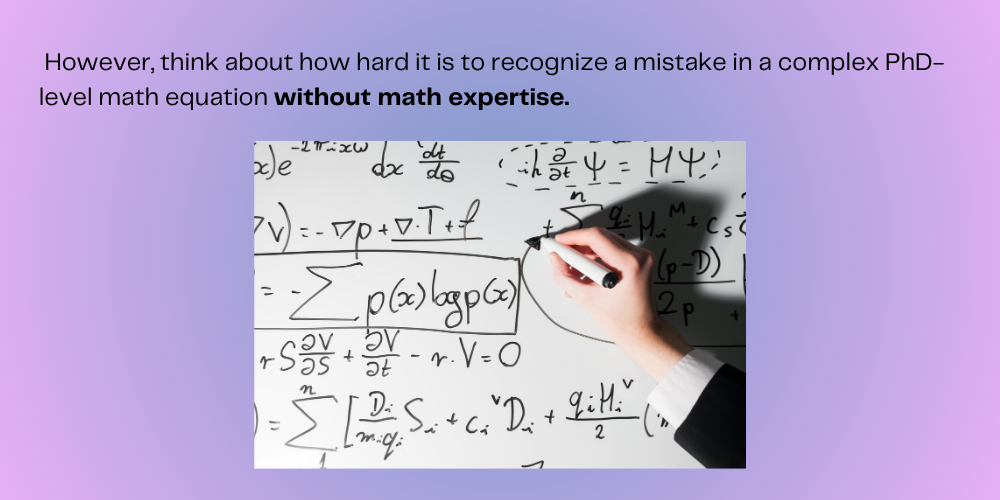
Recognizing mistakes and learning from them requires expertise too! The more complex the problem, the more it takes expertise from many different areas, with groups of people working together contributing to communal knowledge.
You have an important role to play in this shared knowledge too.
The information you consume (e.g. things you read, watch, hear etc) affects how you perceive the world, what kind of things you decide to spend your time learning, and what kind of information you decide to share with others. This is why you have to be careful about the kind of content you consume.
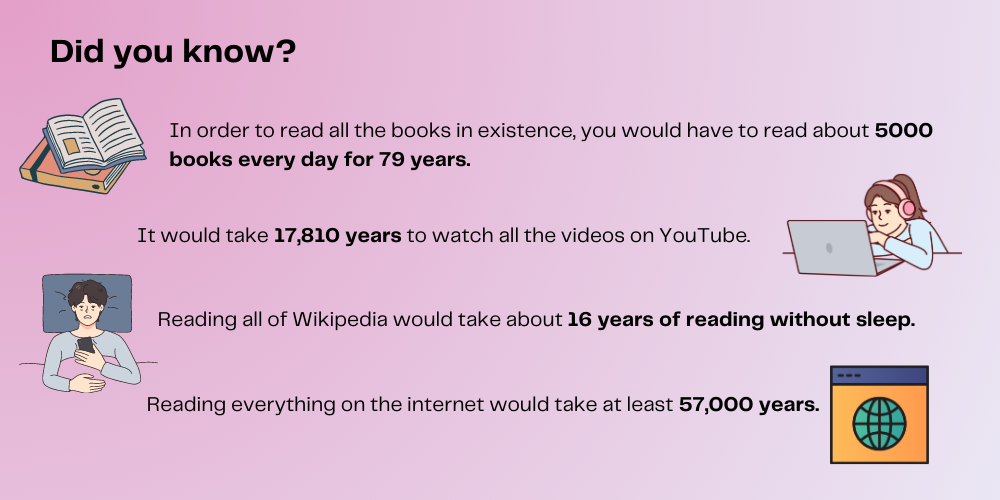
Activity: Map out the expertise for an object
Now, compare your list of experts with your classmates’ list. Chances are, you’ll find someone who identified the same kind of expertise as you but using a different object. This is because knowledge is a communal web, so different kinds of expertise overlap in many areas.
In this example, we looked at objects, but knowledge as a whole is a web. This includes more abstract things like law, theories, and cultural commentary. It is all part of the knowledge web.
Misinformation threatens knowledge
Think back to the DHMO hoax. How easy was it to make water sound extremely dangerous? How silly did that seem once you knew that DHMO was just water? Misinformation works in a similar way. It is very easy to make something sound scary or dangerous, especially when people don’t have expertise on the subject. But what if you could convince someone that our collective knowledge is scary and that experts cannot be trusted?
This is exactly what some misinformation tries to do. They try to make knowledge and expertise sound scary. They do this because if you can make people believe that our collective knowledge is not trustworthy, every other piece of misinformation becomes more believable.
Here are some of the signs to look out for:
- Are they claiming that all other experts are always wrong?
- Do they say they know better than other experts and do not need to work with them?
- Are they attacking the people who have expertise? Do they say:
- Experts are all being deceived
- Experts are all lying
- Experts are bad people and have a hidden purpose
- Experts can’t be trusted
When you come across these types of statements, be very careful. They might be trying to scare you instead of informing you.
Always remember that knowledge is communal and complex - real expertise does not come from googling something and reading things on the internet. It comes from years of education, experience, lived experiences, contributing to the community of knowledge, and working with other experts. Misinformation tries to instill distrust in knowledge and the communal effort that makes it possible to understand the world.
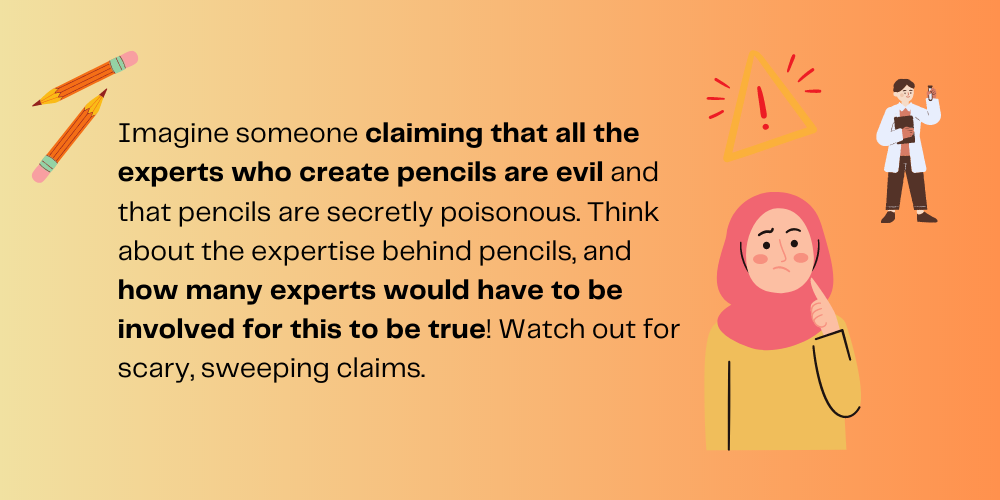
How the internet makes it easy to believe in misinformation - no matter who you are
Have you ever Googled something, then noticed that your YouTube recommendations or the ads on Instagram are suddenly all about that topic?
This happens because Google, YouTube, Instagram, TikTok and other big sites are constantly tracking what you do online. They do this because they are trying to show you the things you are most interested in.5,14,27
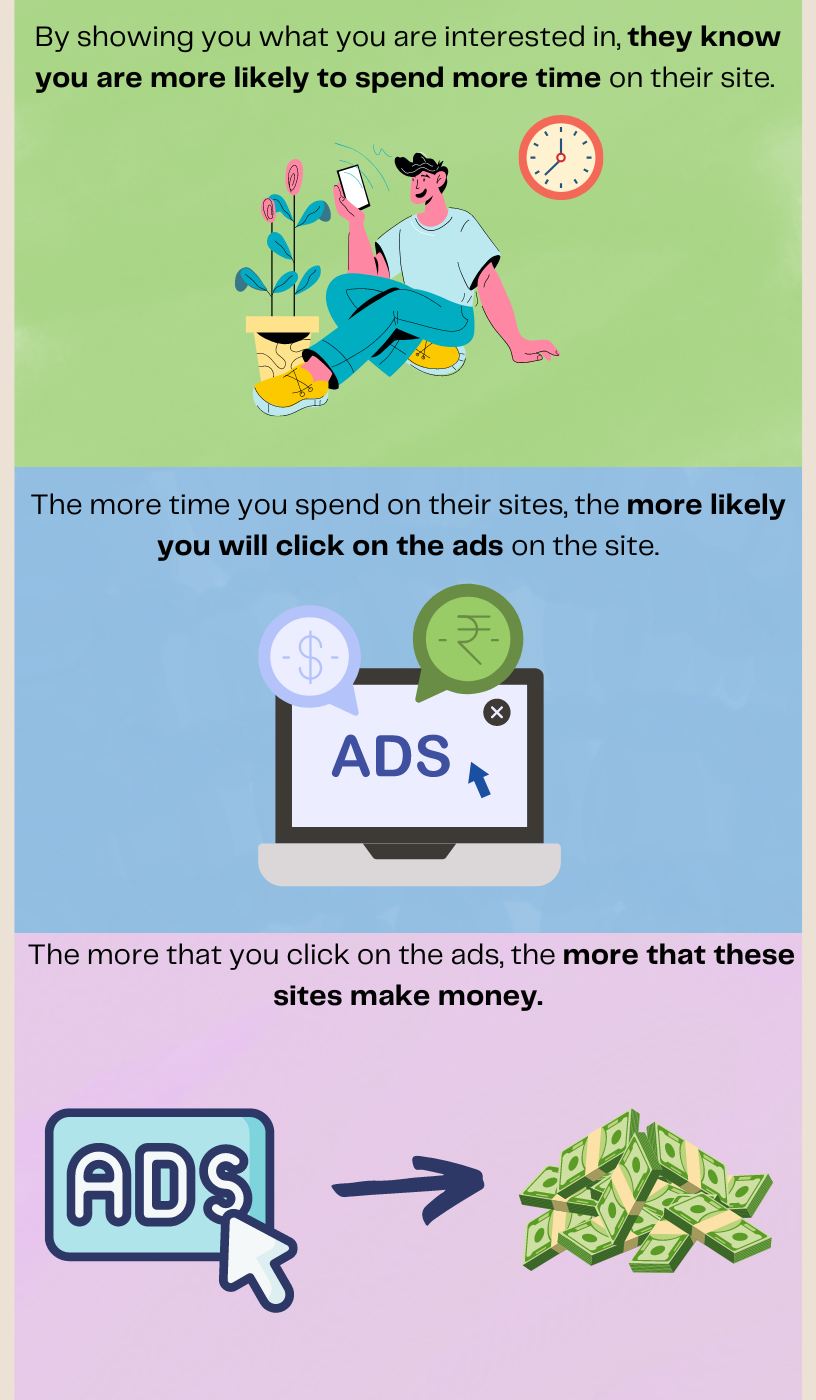
If you’ve ever wondered why these sites are “free”, it’s this system that is paying for it.
Generally speaking, if you are on the internet, then companies are collecting data about you - even in incognito mode. The things you click on, comment or like, the groups you’re in, and the people you interact with - all of it is collected as data, influencing the kind of content you’re shown. In many ways, they know more about you than even your closest friends.
This means that what you see on the internet is tailored to you. The news you come across, the opinions you see, the viral videos - these are shown to you but not necessarily to everyone else. The internet looks different to different people. Here is an example of two different people searching for self-help books. Google has collected data about who they are and their interests, so the suggestions are different.
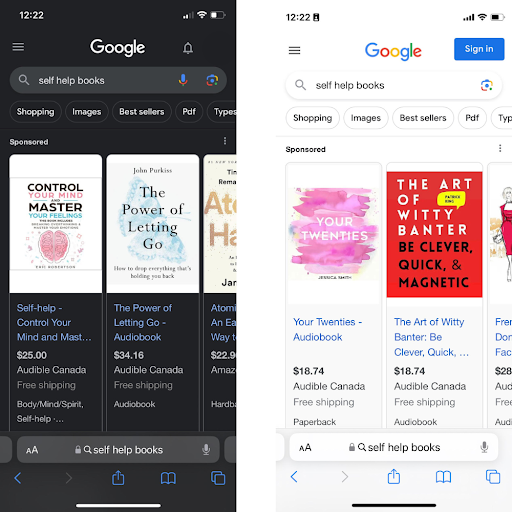
How does this affect your experience with misinformation?
- If you start interacting with misinformation or bad influencers, you will see more content just like it.
- You will start to see misinformation that is tailored to you and what will most likely convince you.
- This will make it more likely that you start believing misinformation because studies show that the more often you see something false, the more likely you are to start believing it.22
- You will also get a false sense that many people believe the misinformation.
- To avoid this, you need to recognize misinformation early and avoid interacting with it.
Remember that everyone is vulnerable to misinformation. By being vigilant about the kind of content you consume, you are protecting yourself.
All lessons & quizzes are free!
This was just one of the lessons in our Navigating the World of Online (Mis)Information section. There are over 500 lessons on Kids Boost Immunity just like this one on a variety of subjects. Each lesson includes a quiz and every time a student scores 80% or higher on a quiz, we will donate life-saving vaccines to UNICEF Canada. Sign up now!

